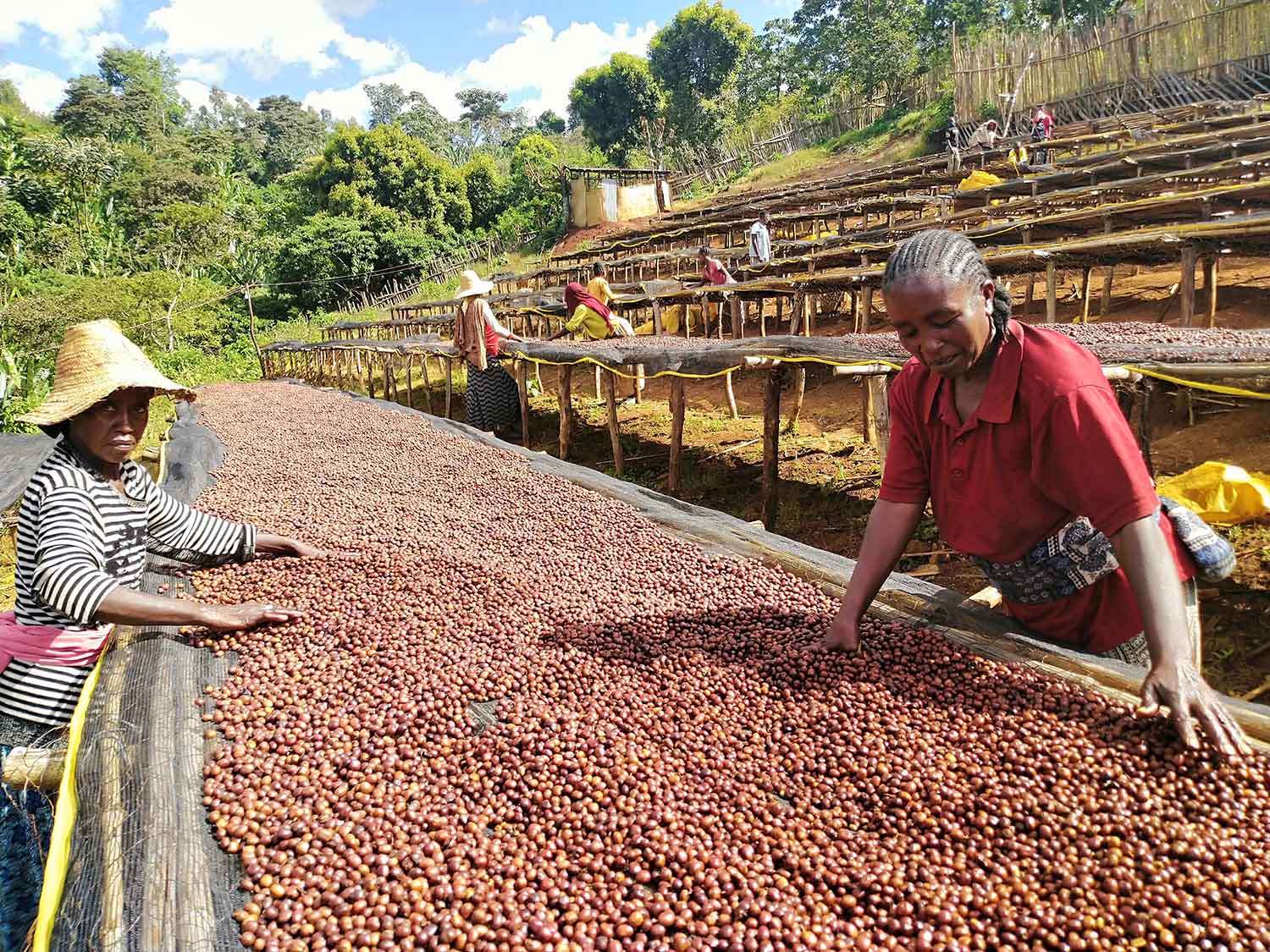Behind every cup of coffee is a story of dedication, passion, and hard work. These stories often begin in lush coffee-growing regions, where local producers pour their hearts into every step of the process. Let’s take a journey to celebrate the people and communities that make your coffee truly special.
1. The Farmers of Ethiopia’s Guji Region
In Ethiopia’s Guji region, coffee isn’t just a crop—it’s a way of life. Small-scale farmers tend to their coffee trees with techniques passed down through generations.
- Daily Life: From sunrise to sunset, families work together to hand-pick only the ripest cherries.
- Unique Practices: Many Guji farmers use organic methods, relying on natural compost and careful pruning to maintain healthy trees.
- Community Impact: Cooperatives in the region empower local farmers by providing access to better tools and fair prices.
Quote from a Farmer:
"Every bean tells a story of the land and the love we put into it."
2. Heyvis Sagastume: A Champion of Sustainability in Honduras
Heyvis Sagastume is a second-generation coffee grower in Honduras, known for her commitment to both quality and the environment.
- Sustainable Practices: Her farm incorporates shade trees to protect biodiversity and uses innovative water-saving techniques during processing.
- Empowering Women: Heyvis also leads workshops to inspire other women in her community to pursue careers in coffee production.
Her Vision:
"I want every cup of coffee to reflect not just the flavor of Honduras, but also our dedication to sustainability."
3. Burundi’s Cooperative Spirit
In Burundi, coffee farming is often a communal effort. Smallholder farmers work together in cooperatives to produce some of the world’s most vibrant beans.
- Collaborative Efforts: Cooperatives provide resources like shared processing stations and training on modern farming techniques.
- Traditional Methods: Farmers still rely on age-old methods, such as sun-drying coffee on raised beds, which enhances the beans’ unique flavors.
- Community Benefits: Profits from coffee sales often fund local schools, healthcare, and infrastructure projects.
The Cooperative Motto:
"We grow together, we succeed together."
4. Jamaican Blue Mountain Estates
The Blue Mountains of Jamaica are home to some of the most exclusive coffee estates in the world.
- High Standards: Farmers here adhere to strict guidelines to maintain the region’s reputation for excellence.
- Generational Legacy: Many estates are family-owned, with skills and knowledge passed down through decades.
- Global Recognition: Despite their fame, producers remain deeply connected to their local roots, prioritizing quality over quantity.
Reflection from a Producer:
"When you sip Blue Mountain coffee, you’re tasting a legacy that spans generations."
5. Why Supporting Local Producers Matters
Choosing coffee from local producers isn’t just about enjoying exceptional flavors; it’s about supporting the people behind the beans.
- Fair Wages: Purchasing directly from small-scale farmers ensures they receive fair compensation for their work.
- Sustainability: Local producers often employ eco-friendly practices that preserve their land for future generations.
- Cultural Connection: Every bean carries the unique story of its origin, connecting you to the traditions and landscapes of faraway places.
How You Can Help
- Buy Direct: Look for single-origin coffees from specific regions or farms.
- Learn More: Explore the stories of your favorite coffee producers through their websites or social media.
- Spread the Word: Share these stories with friends and encourage them to support local producers.
Behind every sip of coffee is a world of stories waiting to be discovered. By choosing to support local producers, you’re not just enjoying a delicious brew—you’re part of a global movement that values tradition, sustainability, and community.


Share:
Tips for Brewing the Perfect Coffee